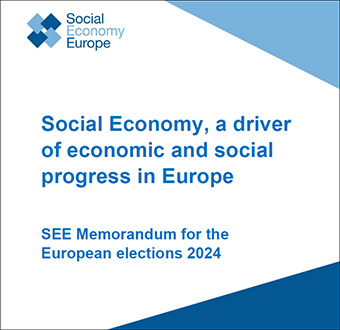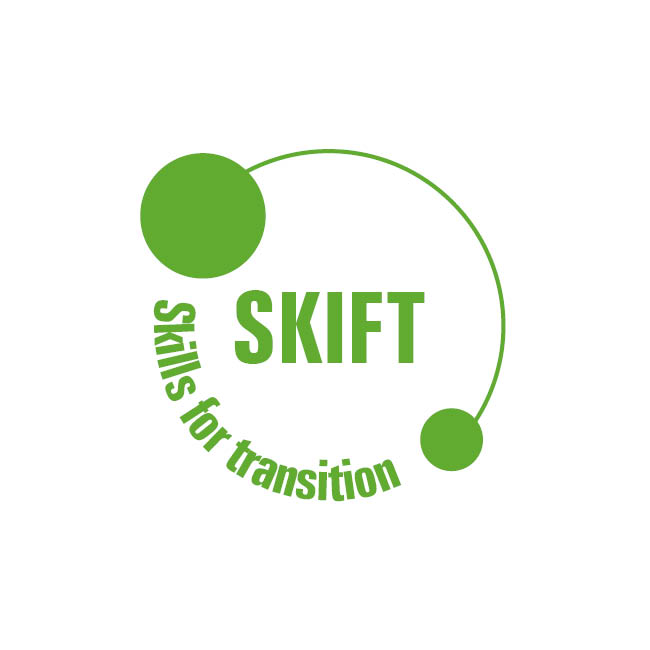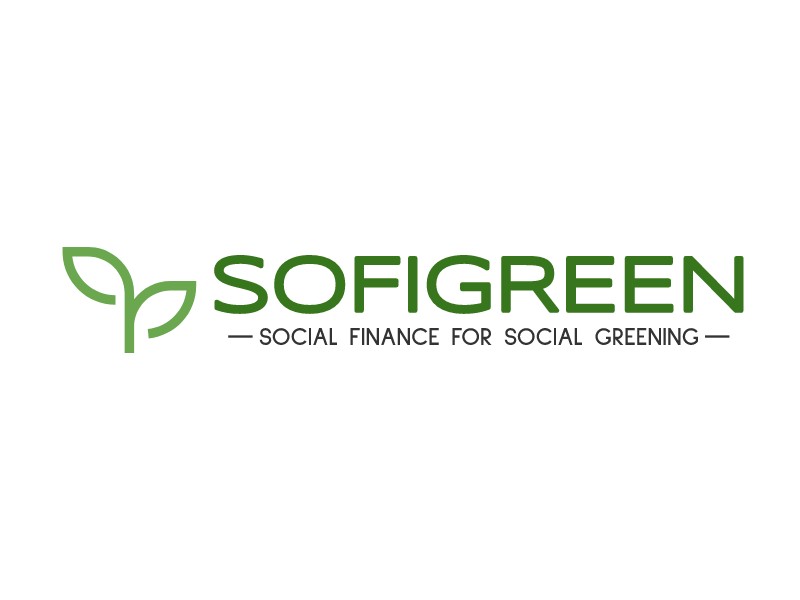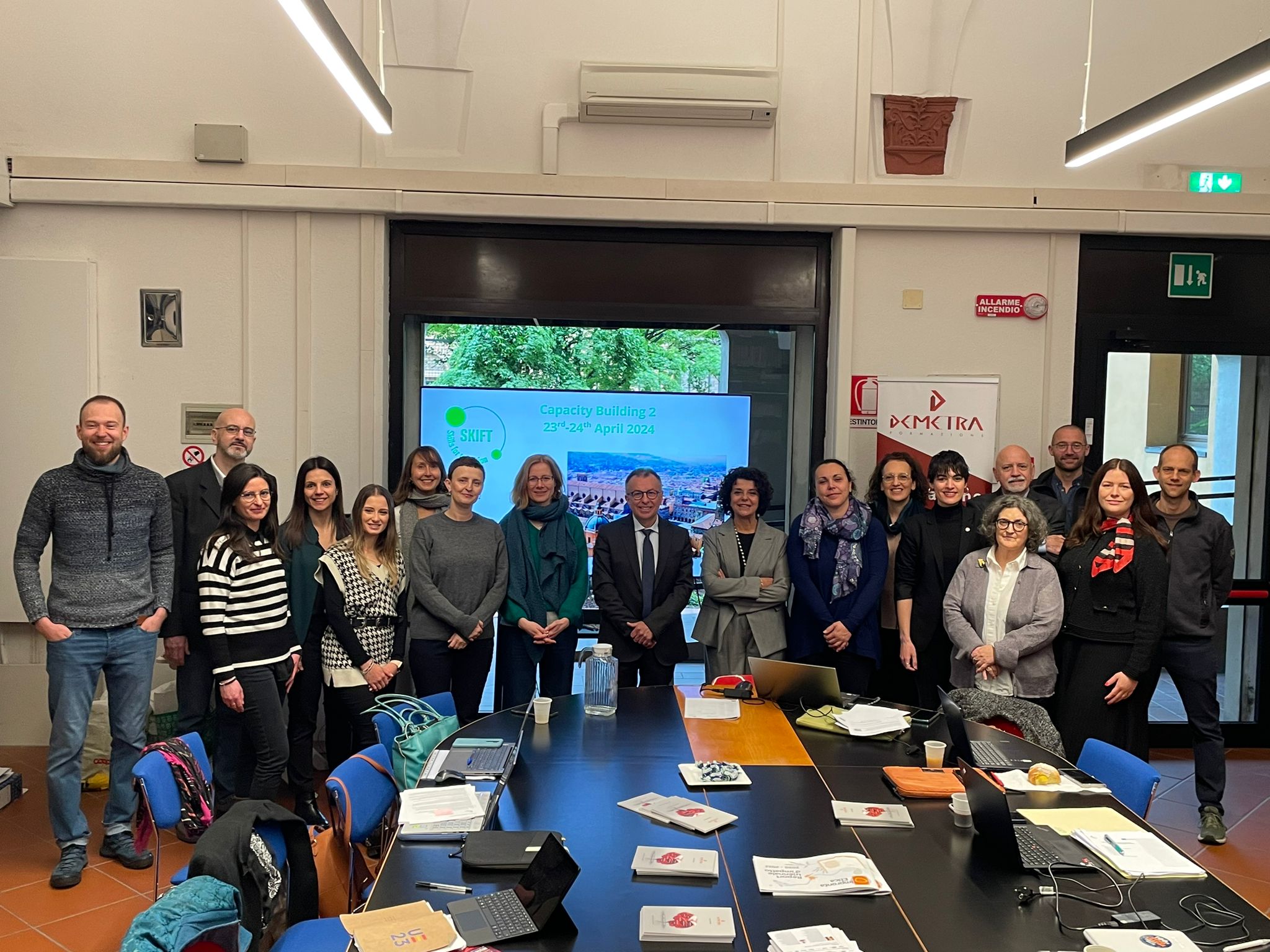
Our idea of learning becomes naturalised over time. Instinctively, we are inclined to think that we have always learned ‘this way’, it has always been ‘this way’, taking for granted and as natural certain practices and modalities of learning and teaching: those we have experienced first-hand. It is a typical cognitive bias, which makes us generalise experiences that are instead particular. In reality, that ‘way’ depends highly on the context in which we learned, a context of specific spaces, times, modes, and technologies. All of these are constantly changing in relation to the changes affecting societies as a whole: cultural forms, relational ways, and media environments that manage our relationship with reality. Not least the economic system on which societies are based…(continue reading)
Read More
European Elections: Help us mobilising (future) MEPs to keep social economy on the EU policy agenda
The European elections are approaching. Their outcome will decide on the direction the EU will…
REVES Annual Meeting 2024: Focus on inter-cooperation between different (social economy) actors and municipalities
REVES Annual Meeting 2024: Focus on inter-cooperation between different (social economy) actors and municipalities REVES…
OPEN CALL: POSSIBILITY FOR MICRO&SMALL SE ENTERPRISES TO RECEIVE FREE ADVISE AND COACHING ON GREEN TRANSITION-RELATED TOPICS
The SKI.F.T call for proposals is now open! Micro and small social economy enterprises…
GREENING OPPORTUNITY FOR SEEs
the SOFIGREEN call for proposal for SEEs operating in France, Italy and Spain is now…
 Docs
Docs  Support
Support 






